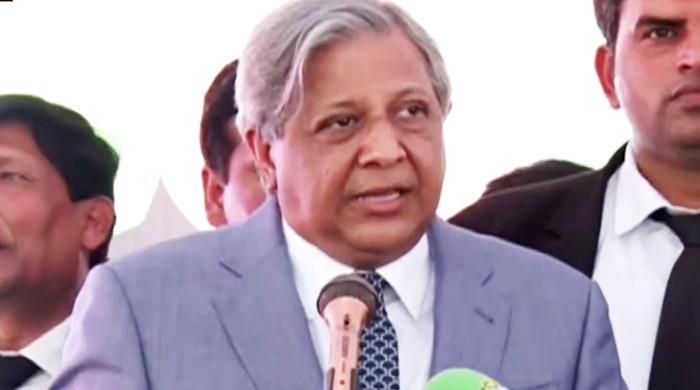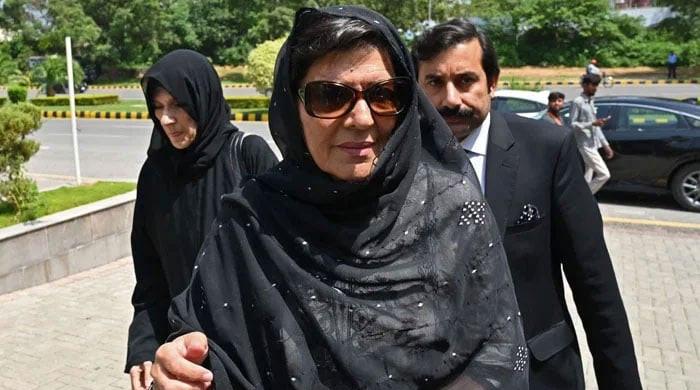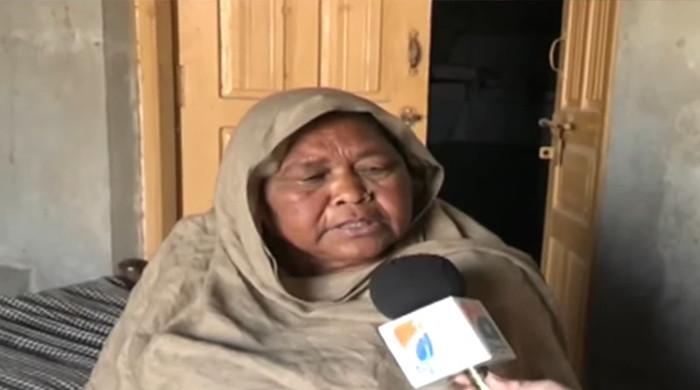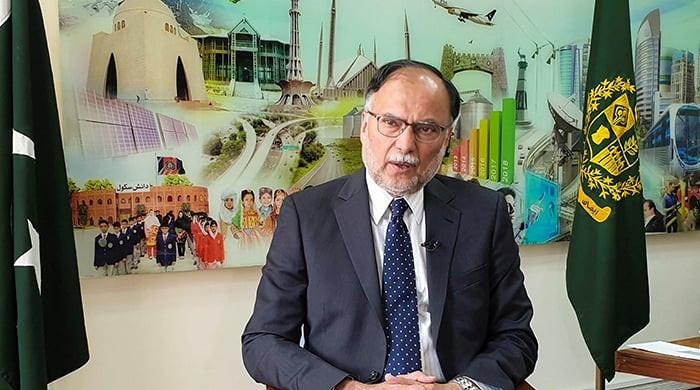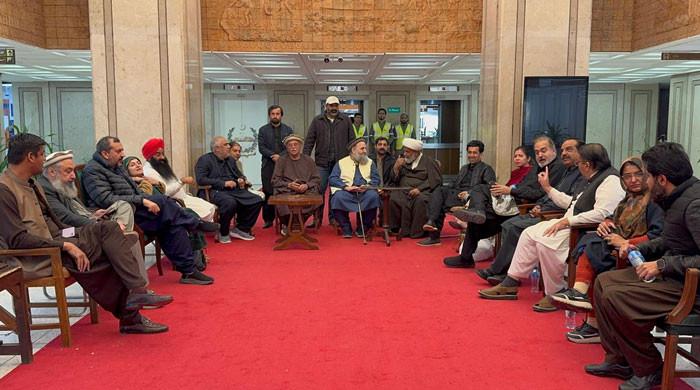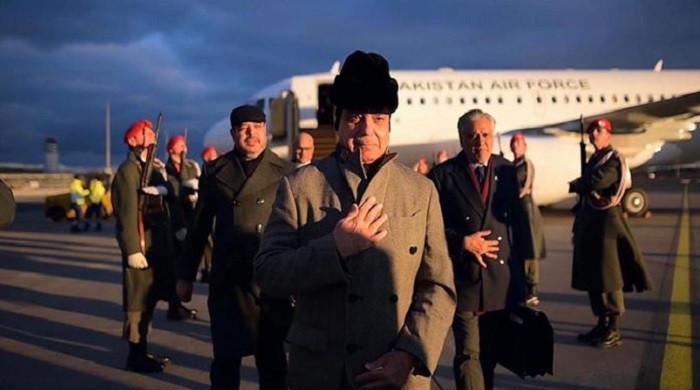Justice Mansoor writes to CJP Afridi, seeks public response on 'institutional concerns'
Senior SC judge complains his previous letters to chief justice remain unanswered
September 05, 2025
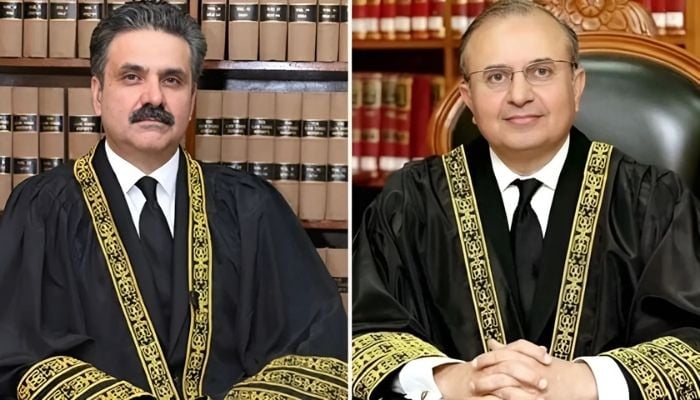
- Justice Mansoor calls for answers at Sept 8 judicial conference.
- Questions PaPA Committee's inactivity, rules passed without debate.
- Warns judiciary risks becoming controlled force, not independent.
ISLAMABAD: Justice Mansoor Ali Shah has written a letter to Chief Justice of Pakistan (CJP) Justice Yahya Afridi and sought the top jurist's public response on six questions on the "pressing institutional concerns" on the current judicial practices and policies.
Justice Shah wrote in his letter that his correspondence was made in his capacity as the most senior judge which must not be mistaken for a personal grievance.
"As the senior-most judge of this Court after yourself, I write this letter with reluctance, but in discharge of an unavoidable institutional duty. What compels me to write is your persistent and complete indifference."
The Supreme Court senior judge complained that he had earlier sent multiple letters but received no written or verbal response.
He urged the CJP to answer his question publicly at the upcoming judicial conference scheduled for September 8, as on that day, a new judicial year will commence and the said forum will review the reforms undertaken under the top jurist's leadership besides laying down priority areas for the coming year.
The queries raised by Justice Mansoor include:
- Why has the PaPA Committee never been convened to carry out its statutory responsibilities?
PaPA [Practice and Procedure Act] Committee is mandated by the Supreme Court (Practice and Procedure) Act, 2023, to constitute benches to delibrate on all causes, matters, petitions, appeals, or reviews, other than those within the domain of the Constitutional Benches under Article 191 A(3). - Why was the historic revision of the 1980 Rules approved by circulation rather than after discussion and deliberation in a Full Court Meeting?
- Why was the policy on releasing dissenting opinions adopted by soliciting individual opinions of the Judges (a process unheard of) rather than an open deliberation in a Full Court Meeting?
- Why was a General Standing Order on leave issued that subjects Judges to controls inconsistent with judicial independence and the Presidential Order of 1997?
- Why have the petitions challenging the 26th Amendment not been fixed before the original Full Court?
- Most fundamentally, are you nurturing independence among Judges, or enforcing compliance to turn this Court into a regimented force rather than a constitutional court of free and equal Judges?





